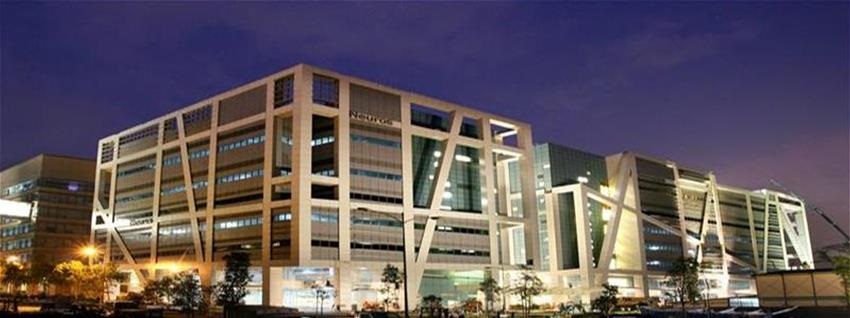A*STAR SKIN RESEARCH LABS ORIGINS

Our Origins: Building a National Platform for Skin Science
The foundations of A*STAR Skin Research Labs (A*STAR SRL) trace back to 2006, with the formation of the Institute of Medical Biology (IMB) — the seventh research institute under A*STAR’s Biomedical Sciences Cluster. Officially launched in 2007, IMB brought together programmes from the Centre for Molecular Medicine and the Singapore Stem Cell Consortium to advance research in stem cells, genetic diseases, and skin biology.
From the outset, IMB cultivated deep collaborations with clinicians and industry partners to uncover disease mechanisms and develop translational solutions in human health. In 2011, IMB assumed stewardship of the Skin Biology Cluster — a strategic, cross-institute initiative that catalysed national research efforts in rare genetic skin diseases and dermatological science.
A pivotal milestone came in 2013 with the creation of the Skin Research Institute of Singapore (SRIS) — a tripartite partnership between A*STAR, the National Healthcare Group (NHG), and Nanyang Technological University (NTU). SRIS brought together researchers, clinicians, and engineers to focus on high-impact, multidisciplinary skin research aimed at improving clinical outcomes and public health.
To strengthen A*STAR’s contribution to SRIS and provide an integrated, mission-focused platform for its skin science community, A*STAR Skin Research Labs (A*STAR SRL) was formally established in August 2021. As a dedicated national institute, A*STAR SRL now serves as the central anchor for A*STAR’s skin research ecosystem.
Today, our work is strategically organised around three core research domains:
- Skin Diseases
- Skin Health and Ageing
- Skin Technology and Biophotonics
These pillars reflect our commitment to delivering translational impact — from wound care and inflammatory skin disorders to skin resilience, diagnostics, and advanced therapeutic platforms. A*STAR SRL builds on over a decade of national investment in skin science, uniting deep scientific expertise with clinical insight and technological innovation to advance the future of skin health.
A*STAR celebrates International Women's Day

From groundbreaking discoveries to cutting-edge research, our researchers are empowering the next generation of female science, technology, engineering and mathematics (STEM) leaders.
Get inspired by our #WomeninSTEM
